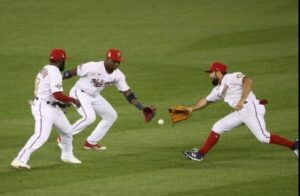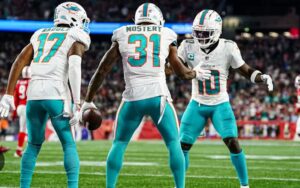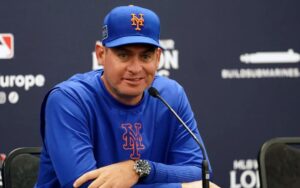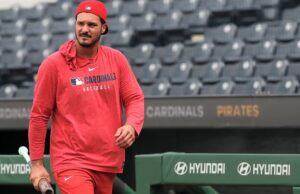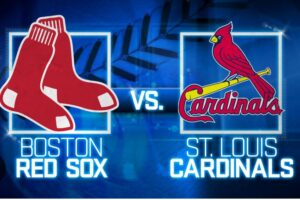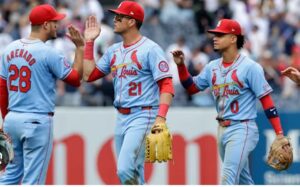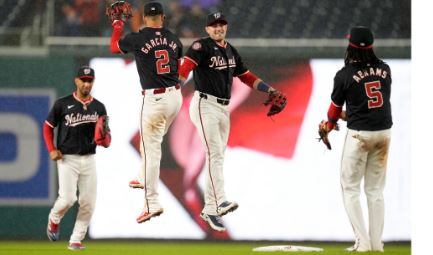
The Nationals announced that third baseman Nick Senzel has been designated for assignment. Trey Lipscomb, an infielder, was promoted from Triple-A Rochester in the same trade.
The Nats have DFA’d one of their senior offseason additions for the second time this week, after Eddie Rosario was designated and then released (and soon signed by his former team, the Braves). Rosario’s minor league contract included a $2 million basic pay once he was promoted to the Nationals’ active roster, and Senzel inked a guaranteed one-year, $2 million contract with Washington this winter. If Senzel is not claimed or traded within his DFA period and is subsequently released, the Nationals will be liable for the remaining $950K owed to Senzel, minus the prorated minimum MLB salary that a new team would pay if Senzel signed elsewhere.
The financial side of this deal is arguably secondary to the more important aspect of the Nationals pulling the trigger early on a veteran player rather than trying to move Senzel in a trade near the deadline. As with Rosario, it appears that Washington simply chose to move on because Senzel was not producing enough to create significant trade interest. Senzel has hit.209/.303/.359 with seven home runs in 235 plate appearances, resulting in a below-average 90 wRC+. Apart from an amazing 11.5% walk rate, Senzel didn’t contribute much offensively or defensively as the Nats’ regular third baseman, with only 0.1 fWAR in 64 games.
As has often been the case with Senzel, health was a consideration. He fractured his thumb at the end of spring training, necessitating a season-opening stint on the 10-day injured list. While the fracture was minor enough that he missed less than three weeks of action, it is easy to imagine how any lingering thumb discomfort could have impacted Senzel’s performance at the plate.
This is effectively the story of Senzel’s career, since a variety of injuries have kept him out of the game for extended periods of time, not to mention how his talent ceiling has been lowered. Senzel was selected second overall by the Reds in the 2016 draft, but he struggled with injuries and position changes in his first five MLB seasons, hitting only.239/.302/.369 in 1366 PA for Cincinnati from 2019-23. Senzel was then non-tendered by the Reds last October, forcing him into free agency and what he hoped would be a nice change of scenery in Washington.
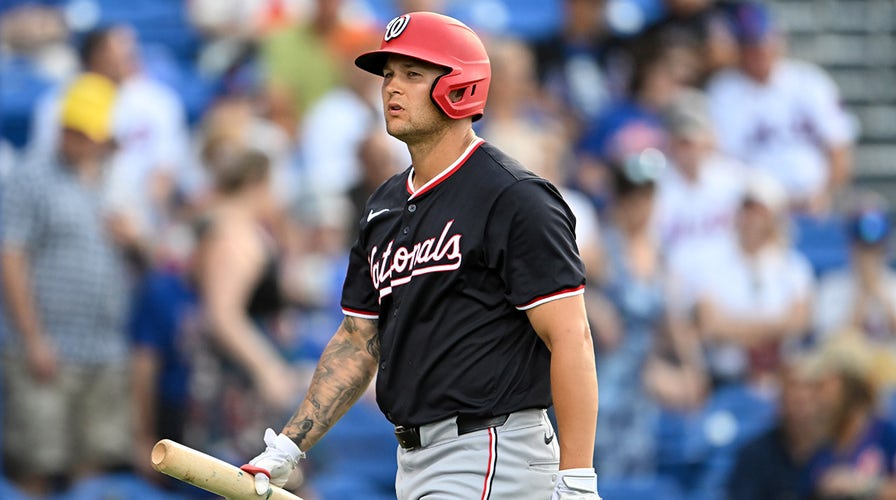
While the Nationals’ 41-47 record still places them on the outskirts of the NL wild-card race, 2024 was always viewed as another step in the team’s rebuilding process, as the Nats sought more development from their young players on the active roster as well as those making their debut in the Show. Star outfield prospect James Wood made his MLB debut this week following Rosario’s departure, Victor Robles’ release last month freed up more time for Jacob Young as the regular center fielder, and Joey Meneses was optioned to Triple-A to make room for Juan Yepez at first base. Lipscomb should be the favorite for the third base position with Senzel out, but top prospect Brady House is the team’s longer-term third baseman of the future.
Impending free agents Jesse Winker and Dylan Floro remain two of the Nationals’ most likely veteran trade targets as the July 30 deadline approaches. Outfielder Lane Thomas, relievers Hunter Harvey, and Kyle Finnegan have all reportedly drawn interest, and while all three are arbitration-eligible through the 2025 season, one would expect the Nats to be open to hearing offers as they look to strengthen their core.

